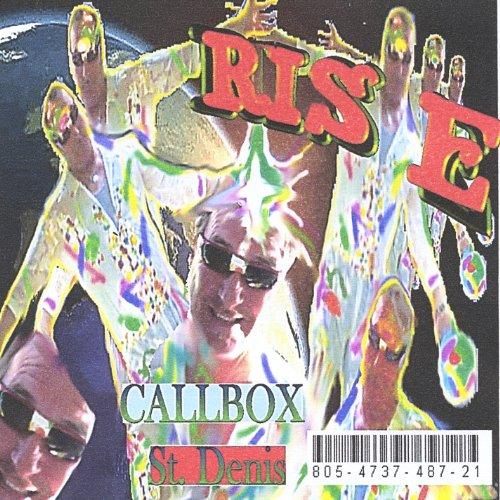
description
8An authoritative guide to the most significant artists, schools, and styles of street art and graffiti around the world Painted murals first appeared in Latin America in the early 20th century; in the 1950s, spray-can graffiti associated with Latino gangs followed, notably the "cholo" graffiti of Los Angeles. Today, street art has traveled to nearly every corner of the globe, evolving into a highly complex and ornate art form. The World Atlas of Street Art and Graffiti is the definitive survey of international street art, focusing on the world's most influential urban artists and artworks. Since the lives and works of urban artists are inextricably linked to specific streets and places, this beautifully illustrated volume features specially commissioned "city artworks" that provide an intimate understanding of these metropolitan landscapes. Organized geographically by country and city, more than 100 of today's most important street artists--including Espo in New York, Shepard Fairey in Los Angeles, Os Gêmeos in Brazil, and Anthony Lister in Australia--are profiled alongside key examples of their work. The evolution of street art and graffiti within each region is also chronicled, providing essential historical context. With contributions by the foremost authorities on street art and graffiti, this landmark publication provides a nuanced understanding of a widespread contemporary art practice. The World Atlas of Street Art and Graffiti emphasizes urban art's powerful commitment to a spontaneous creativity that is inherently connected to the architecture of the metropolis.
member goods
No member items were found under this heading.
Return Policy
All sales are final
Shipping
No special shipping considerations available.
Shipping fees determined at checkout.







